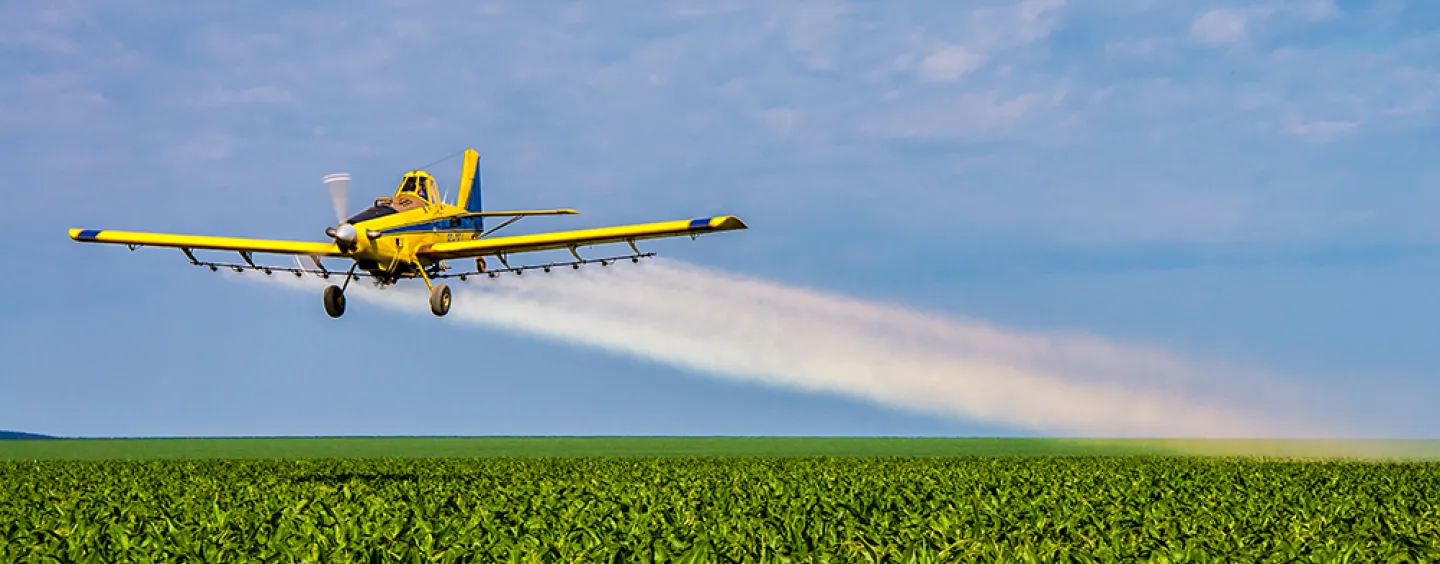
Pest Management
Diseases, insects, and weeds can cause costly and irreparable harm to livestock and crops. Methods to manage these problems include the use of pesticides or biological pest control. Integrated pest management (IPM) couples both methods and includes monitoring to reduce the overuse of pesticide applications. IPM aims to develop and extend effective, affordable, and environmentally-sound control strategies.
Importance of Pest Management
Damage from pests often results in vast economic consequences. They threaten the health of our nation’s vital agricultural, natural lands, and urban areas. Among the adverse impacts are:
- Infestation of farms, rangelands, and forests
- Obstructions to streams and waterways
- Damage to crops
- Loss of wildlife habitats
- Disease and quality of life impacts in populated areas
NIFA’s Impact
Taking action to reverse pest infestation is essential to combating these adverse impacts. NIFA programs are working to reduce losses caused by insects, diseases, and weeds by providing services such as:
- Coordinating IPM efforts through regional IPM centers
- Promoting reduced-risk pest management
- Identifying appropriate and safe use of pesticides
- Detecting and researching new and persistent pests
- Developing alternative pest management strategies
- Involving social considerations into management systems
- Advancing detection, surveillance, rapid response, and recovery into pest management networks
